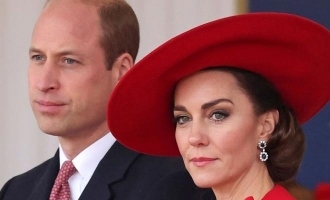Gen Z's Financial Struggles: The Impact of Social Media on Money Dysmorphia


Send us your feedback to audioarticles@vaarta.com



Social media, from looks down to status and even how much money we have, really does seem to be one big way to spoil self-esteem. According to Credit Karma, for one-third of Americans, looking at others makes them feel financially ugly in comparison.
Courtney Alev, a consumer financial advocate at Credit Karma, defines money dysmorphia as close to the opposite of keeping up with the Jonesesâthe modern "keeping up with the Jones syndrome." Certified financial planner Carolyn McClanahan reports that social media has further fueled the trend, particularly impacting 43% of Gen Z and 41% of millennials.
Interestingly, Credit Karma found that individuals with money dysmorphia often have above-average savings but can't get rid of the perception of being wealthy. According to Edelman Financial Engines, there is a "discord between perception and reality," as highlighted by Alev, and it can make people feel uneasy about money.
The Federal Reserve found that the survey of consumer finances showed a 37% increase in household net worth between 2019 and 2022, with most Americans still feeling hardly rich. Over half of the respondents who earn in excess of $100,000 per year still live from paycheck to paycheck, according to LendingClub.
Social media does have an impact on dissatisfaction with finances, as approximately a quarter of consumers are dissatisfied with their financial position as a result of social-toilet platforms such as Instagram, according to research by Edelman Financial Engines. This pressure to keep up with digital peers can even tip into spending, which lands consumers in debt.
In the same line of thinking, financial experts like Isabel Barrow and McClanahan suggest a reduction in exposure time to social media and the erection of barriers to purchases. In the last instance, they assert individual happiness over material possession.
Follow us on Google News and stay updated with the latest!




 Follow
Follow


















































